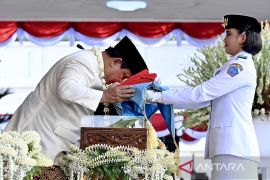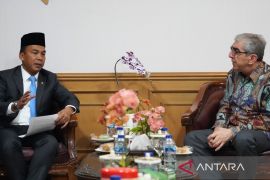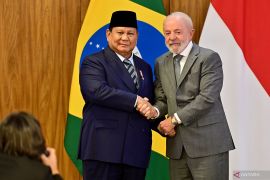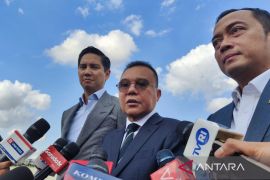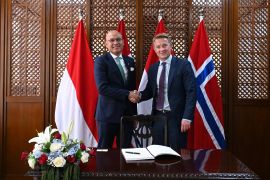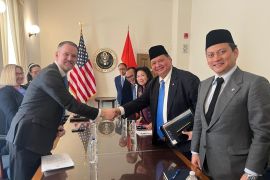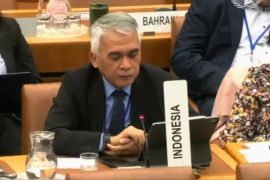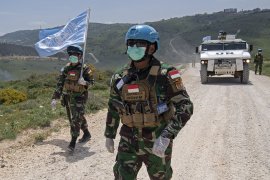The council will meet on Tuesday to discuss sanctions against the West African nation where President Alassane Ouattara is cementing his authority after capturing strongman Laurent Gbagbo two weeks ago.
The European Union has lifted some of its sanctions and the African Union has ended its suspension on Ivory Coast`s membership.
But lingering troubles in the main city, Abidjan, uncertainty about Gbagbo`s future and the need to arrange a legislative election has made the UN powers more cautious.
Diplomats said an arms embargo first imposed in 2004 -- and a ban on trading in its diamonds added one year later -- will probably be extended for another year.
The council agreed to a six month extension when the sanctions were last discussed in October last year. But that was just a few weeks before the election that set off the strife in which hundreds died. Gbagbo refused to acknowledge his defeat by Ouattara.
Individual sanctions -- a travel ban and assets freeze -- against Gbagbo and his entourage are also likely to be kept.
"The recommendation is that the sanctions regime be renewed for 12 months rather than six. Obviously we can review it as things improve," said one western diplomat.
"We don`t know exactly what will happen in the coming weeks so we think this should be kept in place for the time-being."
Government security forces have been seeking to end pockets of resistance from Gbagbo followers in Abidjan and aid groups say the humanitarian situation remains urgent throughout much of the country.
"The signs are good in Cote d`Ivoire so far, but safeguard pressure must be kept up," said one senior UN source.
Council diplomats said the test of Ouattara will be how he forms a government which includes Gbagbo supporters. And how the next election is run.
Ivory Coast ambassador to the United Nations, Youssoufou Bemba, said there would be a national election before the end of the year.
"The aim is to allow Ivory Coast to continue its democratic process in stability, giving a strong signal to those who in recent months showed themselves with their calls for violence and hate," Bamba told AFP.
The government understood that the UN sanctions would have to be extended, the ambassador added.
"The crisis has to be definitively resolved before the sanctions can be lifted," Bamba said.
"The country has to treat its wounds, its democratic life, rediscover a calm dialogue," said another UN council diplomat, speaking on condition of anonymity.(*)
(U.H-RN)
Editor: Ruslan Burhani
Copyright © ANTARA 2011
